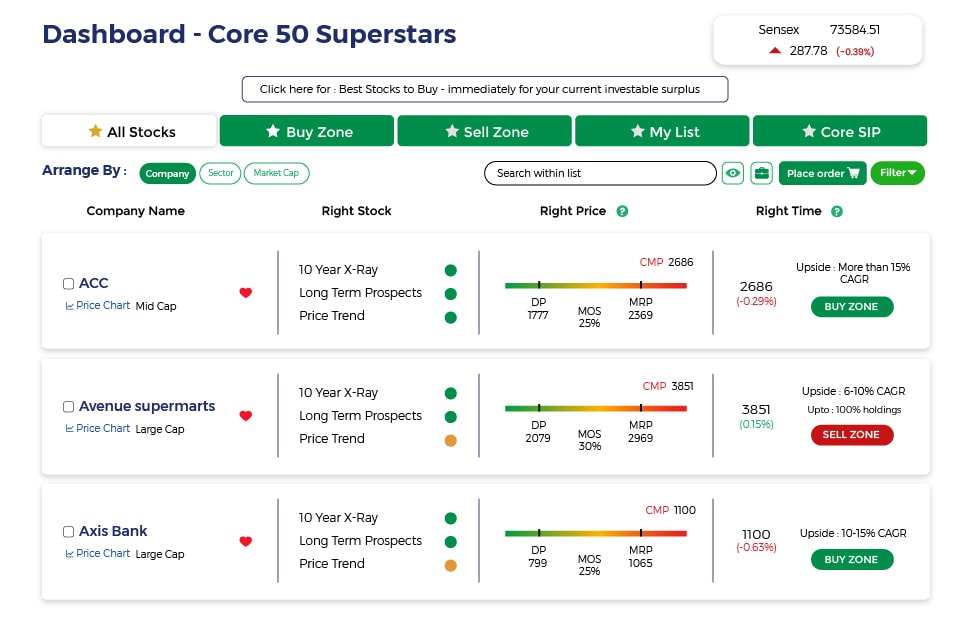Are you wondering why do you need to invest in debt funds or Fixed Income assets even Fixed Deposits when they barely provide inflation-beating returns? Won’t investing all your money in equity get you to your financial goals much faster? You are not alone. However, before dismissing bonds altogether, or giving it a step-fatherly treatment, let's dig deeper into their significance and explore how they can actually enhance your investment strategy.
When it comes to achieving financial goals, investment in debt is crucial. Equity is inherently unpredictable and being solely reliant on it can potentially disrupt your plans.
For instance, imagine you have been investing for many years and your portfolio has grown handsomely. Now you have to fund a goal- your son’s or daughter’s higher education in three years. It’s a pretty large sum of money. Imagine your portfolio is almost entirely equity. Your adviser tells you to sell some equity and move it to Fixed Deposit. But you don’t like the idea of earning low returns on a pretty large sum of money. You ignore this advice. Now three years later you need the money and since your portfolio is only equity you will have to sell it to fund this goal. Imagine the market has sharply corrected and your portfolio is down 20-30%. In this market, selling does not make sense but you may just have to. However, if you had sufficient funds in a Debt asset you could have funded this goal without jeopardising your equity portfolio.
But how much in Debt is sufficient? Here’s what we recommend
If your goal is less than 5 years away: Invest only in safe FD/Debt Funds
Between 5-10 years away: Invest 50-50 in Equity and Debt Funds.
More than 10 years away: Invest 80-20 in Equity and Debt Funds.
Following this approach offers you tremendous flexibility to fund your goals. When the market offers a generous high price for some of your equity assets, you can liquidate some of them to finance your goals. Conversely, when the market experiences a significant downturn, you can rely on your debt assets and avoid selling your equity at unfavourable prices.
By investing a portion of your funds in debt, you gain the possibility to choose which asset to use for funding your goals. This flexibility provides peace of mind and helps you navigate market fluctuations more effectively.
Instead of adhering to outdated allocation rules based on age, such as the conventional 60-40, 50-50, or 40-60 debt-to-equity ratio, it is more effective to adopt an allocation strategy based on goals. Check if you have enough debt assets for your goals nearing completion. If not move from equity to debt when the market is favourable. However, you should avoid investing excessively in Debt funds as it will reduce your portfolio returns.
To determine the right allocation for you, you can create a comprehensive financial plan using our Moneyworks4me Financial Planning Tool. Our approach lets you confidently pursue your financial aspirations while mitigating unnecessary risks.
Remember, investing in debt funds doesn't imply settling for subpar returns. It is a strategic move that safeguards your financial plans, balances risk, and allows you to maximize your investment potential. So, next time you consider your investment strategy, give due consideration to debt funds.
Already have an account? Log in
Want complete access
to this story?
Register Now For Free!
Also get more expert insights, QVPT ratings of 3500+ stocks, Stocks
Screener and much more on Registering.







 Download APP
Download APP





















Comment Your Thoughts: